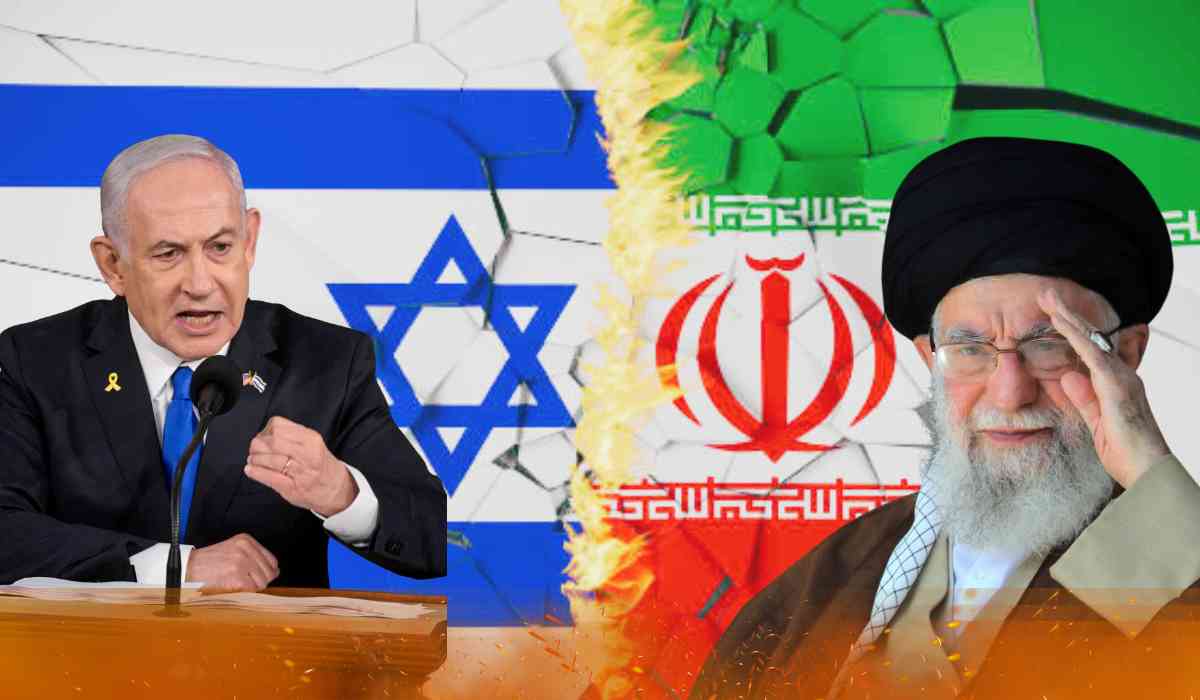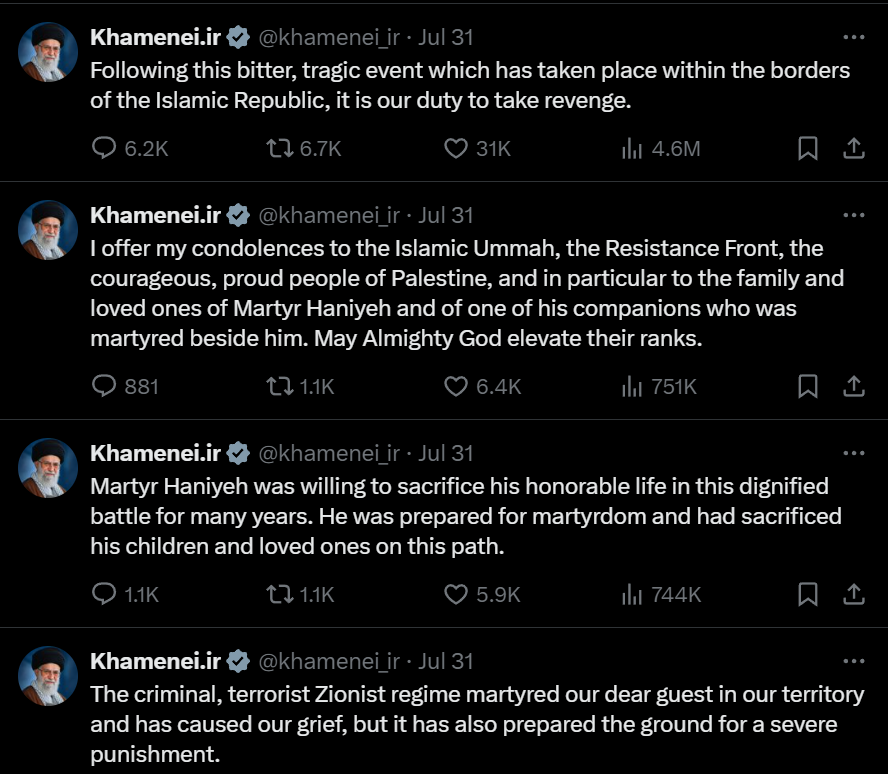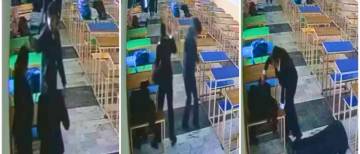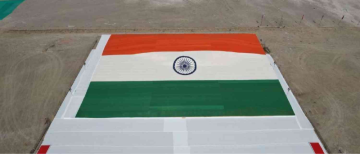The recent assassination of Hamas leader Ismail Haniyeh in Tehran has sparked a series of events with significant global repercussions. This article delves into the details of the funeral, the subsequent international reactions, and the broader implications for regional and global stability.
Funeral Services in Tehran
The funeral for Ismail Haniyeh, who was assassinated in Tehran, was held with thousands in attendance. The event was marked by prayers led by Iran’s Supreme Leader, Ayatollah Ali Khamenei, showcasing the profound respect and support Haniyeh held among Iranian officials and supporters. The solemn atmosphere highlighted the gravity of the situation and the potential for further escalations.
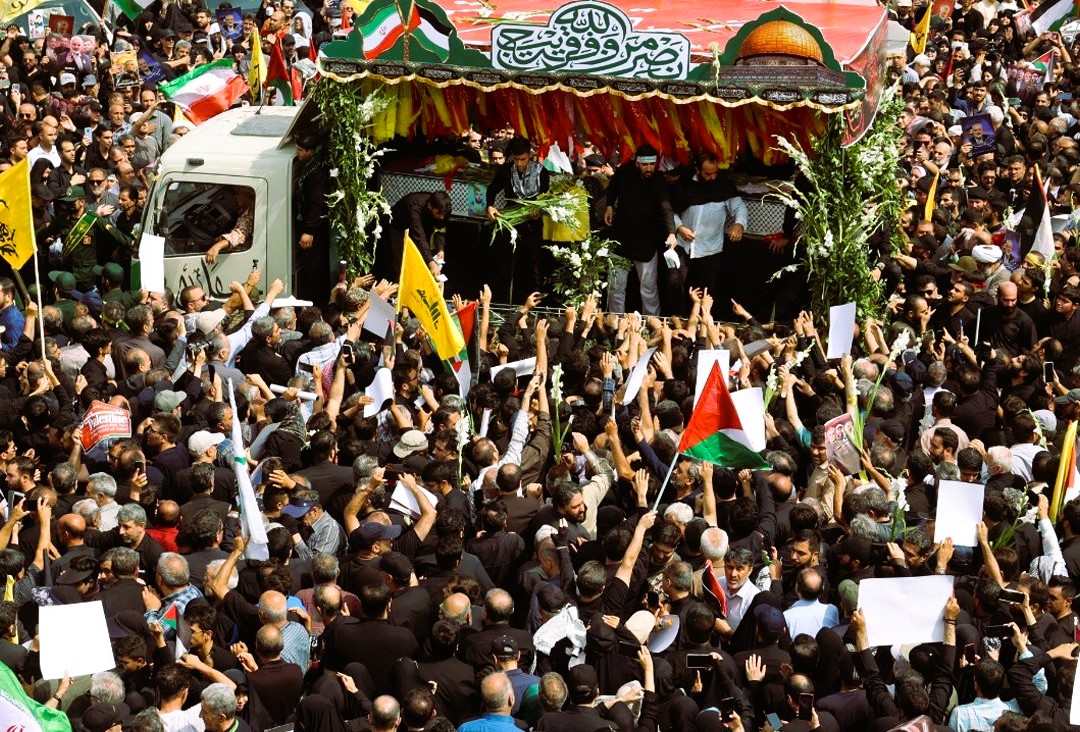
UN Security Council Emergency Meeting
In response to Haniyeh's assassination, the UN Security Council convened an emergency meeting. Palestine's deputy UN representative, Feda Abdelhady Nasser, called for peace and security, urging the international community to prevent further conflict provoked by Israel. The meeting underscored the international concern over escalating violence in the region.
“We demand accountability for Israel’s assassination of Ismail Haniyeh, as we have continually demanded accountability for the wanton murder and injury of over 130,000 Palestinian children, women and men across these past 300 days of horror and hell in Gaza and call for… pic.twitter.com/Jvig7VYH3J — State of Palestine (@Palestine_UN) July 31, 2024
High Casualties in Gaza
Since the conflict intensified on October 7, the Gaza Health Ministry reports that at least 39,480 Palestinians have been killed and 91,128 injured. These staggering numbers reflect the severe humanitarian crisis and the devastating impact of the ongoing Israeli military offensive in Gaza.
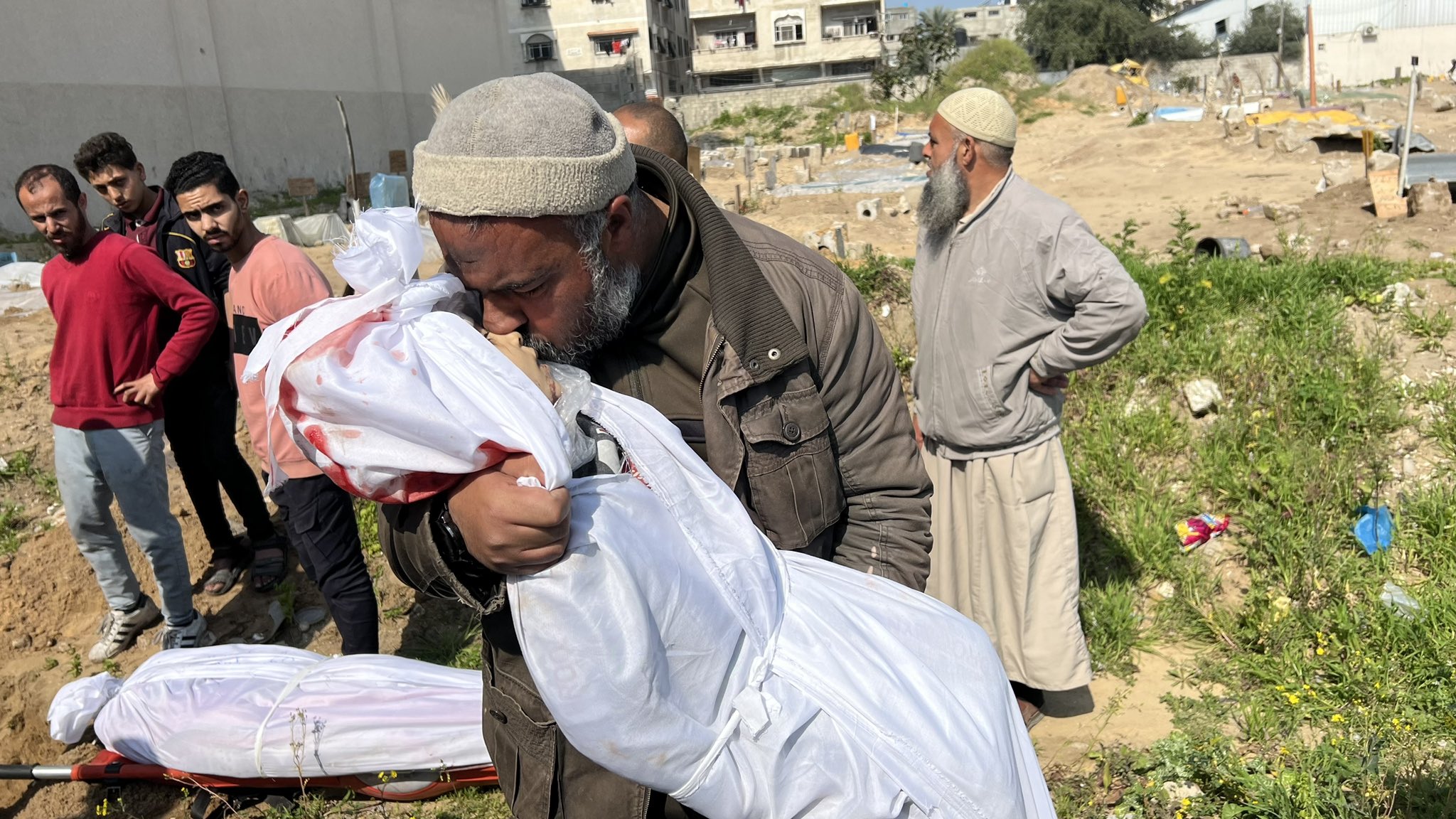
Israel Confirms Death of Hamas Military Leader Mohammed Deif in July Airstrike
The Israeli military confirmed on August 1, 2024, that Mohammed Deif, the head of Hamas' military wing, was killed in an airstrike in Gaza in July. This announcement follows an earlier strike in Tehran that reportedly killed Hamas’ top political leader, Ismail Haniyeh.
Details of the Strike and Reaction
The airstrike targeting Deif was part of Israel’s broader campaign against Hamas, which began after the October 7, 2023 attack that killed approximately 1,200 Israelis. Deif’s death is considered a significant milestone for Israeli Prime Minister Benjamin Netanyahu, who has vowed not to end the campaign until Hamas' military capabilities are destroyed.
The July 13 strike that killed Deif also resulted in the deaths of over 90 other people, including displaced civilians. The announcement of Deif’s death was made by Israeli Defense Minister Yoav Gallant, who described it as a step towards dismantling Hamas' military structure.
צה"ל ושב"כ מודיעים כי בפעילות משותפת של צה״ל ושב״כ, בתאריך ה-13 ביולי 2024 מטוסי קרב תקפו במרחב ח'אן יונס וכעת, לאחר בדיקה מודיעינית, ניתן לאשר כי בתקיפה חוסל מחמד דף, מפקד הזרוע הצבאית ומספר שתיים בארגון הטרור חמאס בעזה, אשר תכנן והוציא לפועל את הטבח הרצחני בשבעה באוקטובר>> pic.twitter.com/3Zd1gasBWm — צבא ההגנה לישראל (@idfonline) August 1, 2024
Global Reactions
Iran’s Stance
Iran’s Supreme Leader has vowed retaliation against Israel for the assassination of Haniyeh. Military and political analysts predict coordinated attacks by Iran and its allies, though a broader war is considered unlikely at this stage.
China’s Position
China has expressed hope for the creation of an independent Palestinian state and emphasised the need for internal reconciliation among Palestinian factions. China's stance highlights the international desire for a peaceful resolution to the conflict.
US Concerns
The US government is preparing for possible retaliatory actions from Iran, which could target American interests abroad or military personnel in the Middle East. This concern reflects the potential for the conflict to extend beyond the immediate region.
Impact on Gaza Ceasefire Talks
The assassination of Haniyeh has significant implications for the ongoing ceasefire negotiations. Analysts suggest that Israeli Prime Minister Netanyahu might leverage this event to secure a ceasefire, presenting it as a victory and a means to stabilise the region.
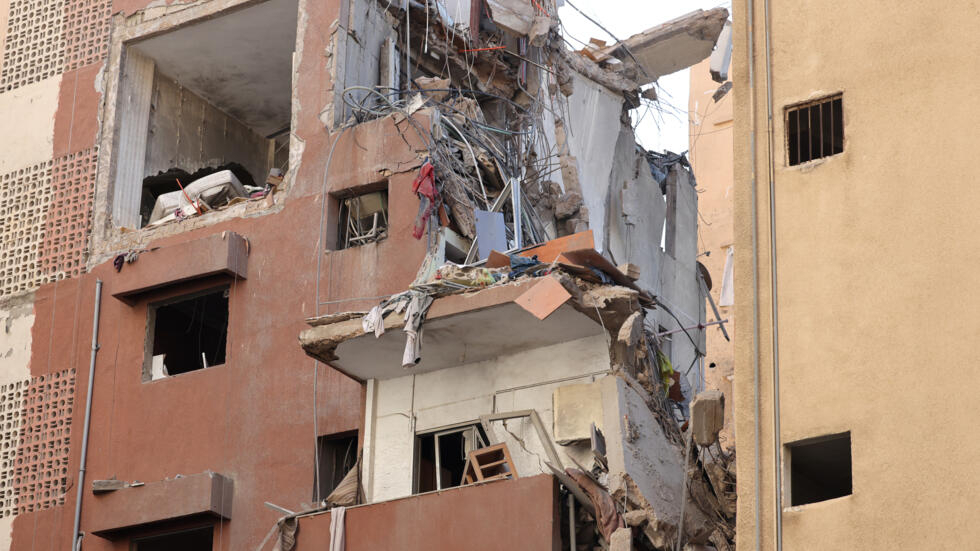
India’s Travel Advisory
In light of escalating tensions, the Indian Embassy in Lebanon has advised its citizens to avoid all non-essential travel to Lebanon. Citizens are urged to exercise caution, restrict movements, and maintain contact with the Indian Embassy in Beirut through email or emergency phone numbers.
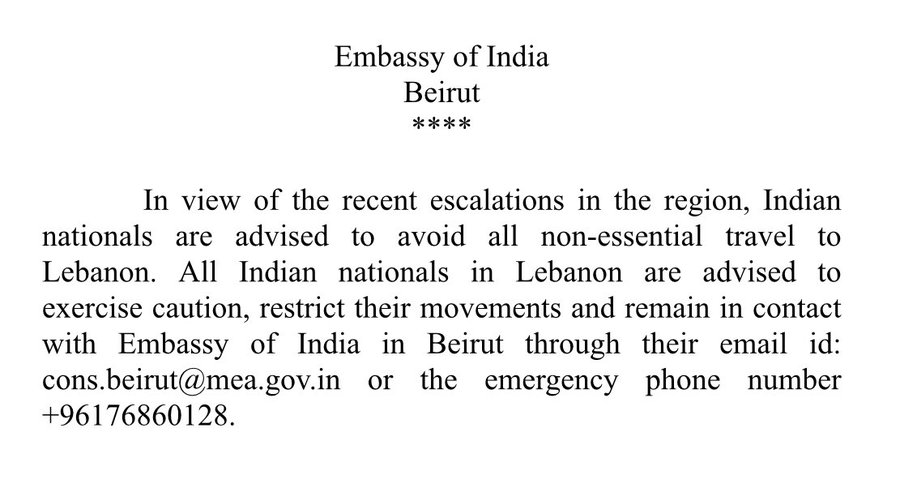
Rocket Attack and Israeli Response
The conflict has intensified following a rocket attack at Golan Heights, allegedly fired by Hezbollah, resulting in the death of 12 children. In retaliation, the Israel Defence Forces (IDF) reported killing top Hezbollah commander Fuad Shukr in southern Lebanon. Shukr's death marks a significant blow to Hezbollah's military leadership.
For more on this, read: Assassinations of Fuad Shukr and Ismail Haniyeh by Israel
Iran’s Retaliation Order
Ayatollah Ali Khamenei has ordered direct retaliation against Israel for Haniyeh’s killing. This decision, made during an emergency meeting of Iran’s Supreme National Security Council, includes plans for coordinated attacks involving drones and missiles targeting military sites near Tel Aviv and Haifa, while avoiding civilian areas.
Timeline of Events Leading to the Assassination
-
October 7, 2023: Hamas launches an attack on Israel, resulting in approximately 1,200 deaths.
-
July 20, 2024: Israel conducts a massive airstrike on Hodeidah, Yemen, in response to a Houthi drone attack on Tel Aviv.
-
July 30, 2024: Israel strikes Beirut, killing Hezbollah commander Fuad Shukr after a rocket attack on Golan Heights.
-
July 30, 2024: Ismail Haniyeh attends the inauguration of Iran’s new president, Masoud Pezeshkian, in Tehran.
-
July 31, 2024: Haniyeh is assassinated in Tehran, leading to heightened tensions and calls for retaliation from Iran.
Why This is a Bad Sign for the World
The assassination of Ismail Haniyeh and the subsequent events signal a troubling escalation in the Israeli-Iranian conflict, with several implications for global stability:
-
Increased Risk of Regional Conflict: The assassination of a high-profile leader like Haniyeh could trigger a broader conflict involving multiple nations and militant groups in the Middle East.
-
Global Security Threats: Iran's vow for retaliation and Israel's aggressive stance can lead to destabilisation, affecting global security and potentially drawing in international powers.
-
Impact on Diplomatic Efforts: Ongoing ceasefire and peace negotiations are at risk of collapsing, leading to prolonged violence and humanitarian crises.
-
Economic Instability: Escalating conflict in the Middle East can disrupt global oil supplies and markets, leading to economic instability worldwide.
- Increased Terrorism: The assassination could serve as a catalyst for retaliatory attacks from militant groups, potentially leading to a rise in terrorist activities globally.
US Involvement and Geopolitical Implications
The assassination of Hamas leader Ismail Haniyeh in Tehran has profound geopolitical implications, particularly for the United States. The US has publicly stated its desire for a ceasefire in Gaza and regional de-escalation, yet the assassination complicates these objectives.
US Response and Concerns
Following the killing, White House official John Kirby reiterated US support for Israel but emphasised the need for regional de-escalation. The US is navigating a delicate balance, supporting its ally Israel while attempting to avoid an all-out regional conflict. This stance is complicated by:
Challenges in US Leadership
The US faces a "fundamental conundrum," as noted by Brian Finucane from the International Crisis Group. On one hand, it provides military support to deter Iran and its allies; on the other, it seeks to avoid a regional escalation. This dual objective is increasingly difficult to maintain:
Potential for Broader Conflict
The assassination has the potential to broaden the conflict, involving multiple nations and militant groups in the Middle East:
Diplomatic and Strategic Options
To avoid further escalation and secure a ceasefire, the US may need to reconsider its approach:
-
Enhanced Diplomacy: Strengthening diplomatic efforts and working closely with international partners to mediate a ceasefire.
-
Reevaluation of Support: Assessing the level and nature of military and political support provided to Israel to ensure it aligns with de-escalation goals.
-
Long-Term Strategy: Developing a comprehensive strategy that addresses the root causes of the conflict and promotes sustainable peace in the region.
Prime Minister Benjamin Netanyahu:
"Since the beginning of the war, I have made it clear that we are in a fight against Iran's axis of evil. This is an existential war against a stranglehold of terrorist armies and missiles that Iran would like to tighten around our neck. pic.twitter.com/p20chQJdnM — Prime Minister of Israel (@IsraeliPM) July 31, 2024
In Conclusion
The assassination of Hamas leader Ismail Haniyeh in Tehran has sparked a geopolitical crisis, escalating tensions in the Middle East and complicating the Israel-Palestine conflict. The funeral, led by Iran's Supreme Leader, Ayatollah Ali Khamenei, highlights the deep ties between Hamas and Iran and suggests the potential for further escalation. The US, while supporting Israel, must balance supporting Israel with avoiding a regional war. The assassination could derail ceasefire negotiations and provoke retaliatory actions from Iran and its allies. Diplomatic efforts are needed to prevent further escalation and work towards a sustainable peace solution. The high casualties in Gaza and the potential for broader conflict underscore the importance of international cooperation and strategic diplomacy.
With inputs from agencies
Image Source: Multiple agencies
© Copyright 2024. All Rights Reserved Powered by Vygr Media.

